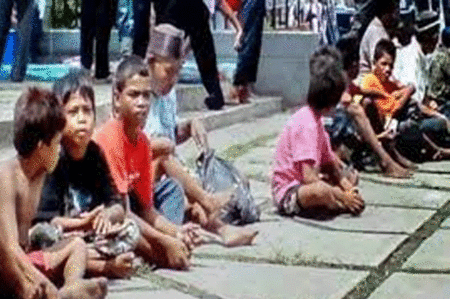
The paper examines the communication strategies used by beggars in the Sangkumpal Bonang market in Padangsidempuan, Indonesia. It focuses on how beggars manage their front stage, backstage, and impressions through a dramaturgical analysis. The study found that beggars use verbal and nonverbal cues, such as pleading speech, asking for pity, and displaying physical disabilities, to elicit sympathy from passersby and receive alms. However, their actual living conditions often contrast with the impoverished image they portray, as they may have decent or even luxurious lifestyles when not begging.
- Beggars in the Sangkumpal Bonang market use dramaturgical techniques to manage their front stage and backstage personas
- They employ verbal strategies like pleading speech and asking for pity, as well as nonverbal cues like displaying physical disabilities, to elicit sympathy from passersby
- The beggars' actual living conditions often contradict the impoverished image they present, as they may have comfortable or even affluent lifestyles when not begging
- The study highlights the discrepancy between the beggars' public performance and their private realities
- The findings contribute to understanding the communication strategies used by beggars to secure alms and survive
On the front stage, two categories of actors are in begging at the Sangkumpal Bonang market. The first group of beggars carries out a collective begging communication action. The results are divided into two, namely blind beggars who are always accompanied by children and the gang of punk children who beg with musical instruments in groups. Second, individual beggars engage in communication action themselves, and the costs are only used to meet personal needs. Their performances scope from speech to writing to gestures to demonstrate that they are deserving of pity. Beggars use coercive, invading communication to obtain money. The beggars utter a pitying sentence in front of their generous prospective audience. When given donations and signs, some say greetings, ask for pity when asking for alms, pray, and stretch out their hands, bowls, and baskets to prospective benefactors.Their bodies are bent, and their movements are slow. The expressions on the faces of beggars when they are not given alms make them look disappointed and sad. However, when they received donations, their expressions were bright. There are also beggars, whether they are given to or not, whose expression is flat and silent. The appearance of beggars is not threatened, as beggars with physical disabilities use assertiveness to beg. Planned beggars wear dirty, torn, and shabby clothes. On the front stage, beggars seem like poor people who deserve to be pitied, while backstage, they have a decent life because their income is up-and coming. When in a family and environment, beggars are friendly, kind, and caring for others and often give things to family and other people.
The researchers suggest that the local government needs breakthroughs to reduce social ailments carried out by beggars. It is recommended that beggars accept suggestions from the government and the community by not carrying out begging but looking for other, more decent work and deepening religion. Other researchers can continue this research regarding the communication behavior of beggars in the market or social service communication techniques in overcoming homelessness and beggars. This research can also be continued regarding actions regarding religious development with group guidance services to beggars at the Sangkumpal Bonang market.
Follow the Topic
Introducing: Social Science Matters
Social Science Matters is a campaign from the team at Palgrave Macmillan that aims to increase the visibility and impact of the social sciences
Continue reading announcement
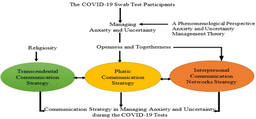
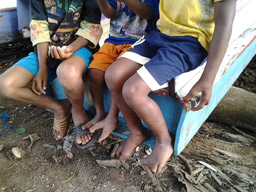
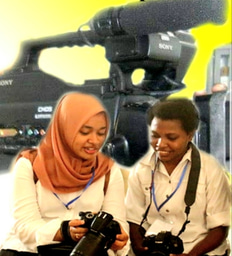
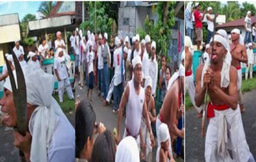
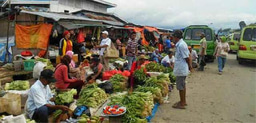
Please sign in or register for FREE
If you are a registered user on Research Communities by Springer Nature, please sign in